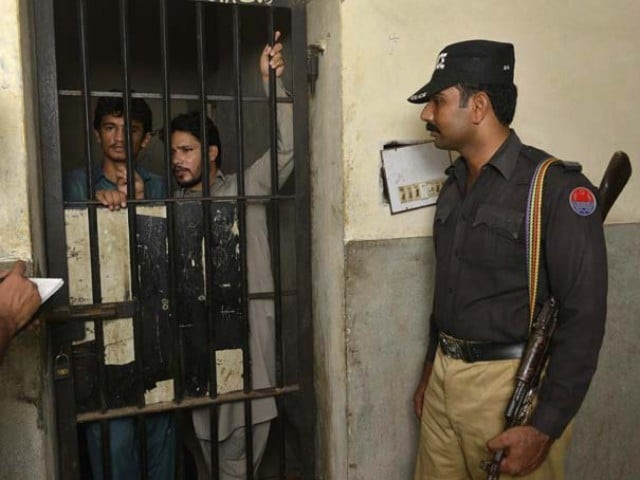The human tragedy in Kasur
The sheer size of the Kasur incident probably puts it far beyond the capacity of existing child protection services

Victims fear that they will be doubly victimised if they ‘tell’ on their abusers, a powerful lever when it comes to ensuring a lengthy silence. PHOTO: AFP

The CDs will have found a ready international market in the burgeoning child pornography industry that is supported by the worldwide networks of paedophiles. Copying a CD is easy and cheap, and it is not inconceivable that the abuse of the poor children of Kasur has been viewed countless thousands of times globally. It is equally conceivable that the imagery will have been uploaded to any of the file-sharing websites that host child pornography on the internet — an ever-widening circle of abuse. Every time those images are viewed, the violation of the child is compounded, no matter that the viewer may be thousands of miles away on a different continent.
The sexual abuse of children is widespread in Pakistan — as it is in other countries; it is not just a local phenomenon. The abusers are typically family members rather than strangers and it is extremely rare for children thus abused to disclose what has happened to them until they feel they are safely within a ‘climate of disclosure’. That so, few children or their families came forward in Kasur despite an appeal by the police to do so because of the absence of a climate of disclosure — a space where victims and their relatives felt safe to talk about what had happened to them.
Typically, victims fear that they will be doubly victimised if they ‘tell’ on their abusers, a powerful lever when it comes to ensuring a lengthy silence. They fear that they will be punished for bringing shame on themselves or their families, and in the case of girls thus abused, there is a very real risk that they will be killed by their relatives. In Kasur, the victims were widely dispersed in the community where the abuses were known of for a decade or more and were so widespread as to have become institutionalised, almost normative, a part of a shared communal experience.
It would appear that law-enforcement agencies were complicit in that they did little to address the victims’ complaints until forced to do so, and are now busily downplaying the scale of the abuse. Diversionary stories are being traded despite the police having in their possession CDs, phone clips and memory chips, and one can but feel concern as to the security of the evidence the police now have as they are all too often poor custodians of incriminating material.
The scale of abuse in Kasur has prompted a response from the prime minister, as well the Punjab chief minister, who has formed a committee to investigate the incidents. Committees to investigate sensitive issues such as child abuse are unlikely to solve anything in the near term, and serve only to bookmark the problem rather than create an action agenda that will obviate or mitigate future instances. Punjab is the only province to have any child protection infrastructure staffed by trained social workers, though the sheer size of the Kasur incident probably puts it far beyond the capacity of existing child protection services.
Perhaps, the most chilling aspect of the Kasur incident is that it is unlikely to be an isolated case. The scale may be unusual, but the incidence of child sexual abuse is such that it is inevitably going to be monetised, and the images of Pakistani children being abused will be dropping into the inboxes of paedophiles everywhere.
Published in The Express Tribune, August 11th, 2015.
Like Opinion & Editorial on Facebook, follow @ETOpEd on Twitter to receive all updates on all our daily pieces.















COMMENTS
Comments are moderated and generally will be posted if they are on-topic and not abusive.
For more information, please see our Comments FAQ